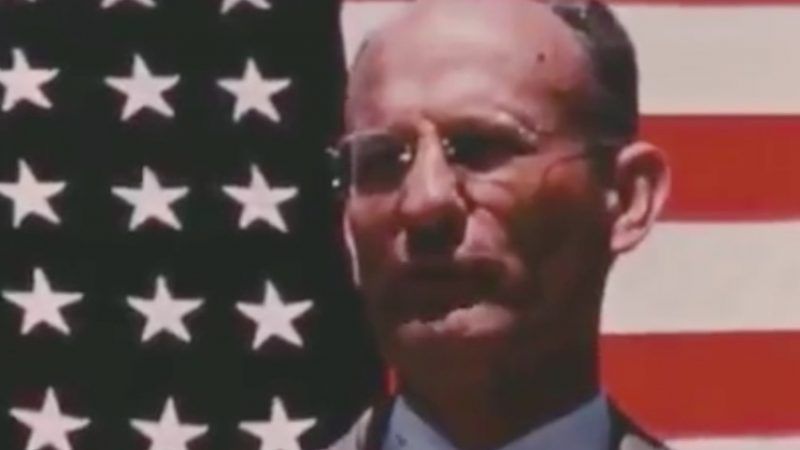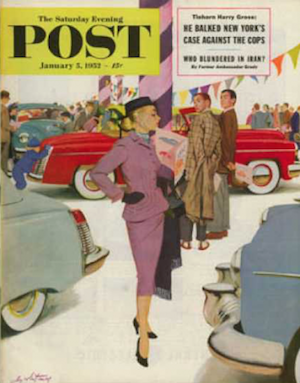Mr. Smith Goes to Court
Friday A/V Club: The military sued Frank Capra, so he made a movie about it.


America's oldest ongoing civil case began in 1951, when the military sued thousands of Southern California landowners to establish Camp Pendleton's control of their water rights. The move sparked a lot of outrage at the time. The Los Angeles Times, which in those days tended toward a curmudgeonly conservatism, crusaded against it; Reader's Digest joined in too; The Saturday Evening Post ran a story on the subject headlined "The Government's Big Grab." That piece opened with some of the most egregious elements of the tale, like the church that had used just $4.70 worth of water in a month and was nonetheless being told it could be cut off. Then the authors laid out what they saw as the stakes of the story: "if the Federal Government can, by sovereign authority, take California water, then it might, by the same reasoning and authority, take anything anywhere."
By the end of the '50s a lot of the smaller landholders had been dropped from the case, and in 1963 a judge ruled largely, though not entirely, against the feds. Since then the saga has seemed less like an apocalyptic fight for freedom and more like an endless stretch of legal trench warfare, as different litigants dispute the precise boundaries of their rights. "This western water rights case will likely outlive us all," The San Diego Union-Tribune concluded last year.
But our interest here is in the early days of the conflict, and in one particular property owner who got drawn into the fray. Among the landholders sued by the feds was Frank Capra, the director behind such films as It's a Wonderful Life, Mr. Smith Goes to Washington, and Meet John Doe. The Chamber of Commerce and The Los Angeles Times asked Capra to make a movie about the issue, and so he helmed a short documentary called The Fallbrook Story, released in 1952. He kept his name off it, and I can't say I blame him—on an artistic level it may well be the worst thing he ever made. Capra's biographer Joseph McBride wrote that it feels "like a crude parody of a Frank Capra film"; I think McBride is wrong about many things, but not about that.
But while The Fallbrook Story is too clumsy to be good art and too romanticized to be solid journalism, it still comes down on the right side of the dispute. And it is, at the very least, a fascinating footnote in the filmmaker's career. Watch it here:
Since this battle pit citizens against the national security state in the feverish early years of the Cold War—and during the Korean hot war at that—you might wonder whether any of the people battling the feds were redbaited. In fact, the era's most infamous redbaiter seems to have sided with the landholders. That San Diego Union-Tribune piece points out that the "Navy's participation in the lawsuit was even investigated by a Senate subcommittee helmed by Sen. Joseph R. McCarthy, known for his reckless Cold War accusations, on grounds that there was a previous order prohibiting the use of Navy funds to prosecute the case." McCarthy, of course, was not a guy who let his fear of communism keep him from picking fights with the military, a fact that eventually led to his doom.
(For past editions of the Friday A/V Club, go here. For other installments featuring Frank Capra, go here and here.)


Show Comments (17)